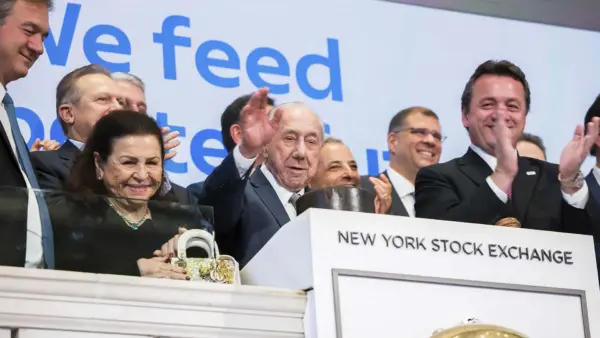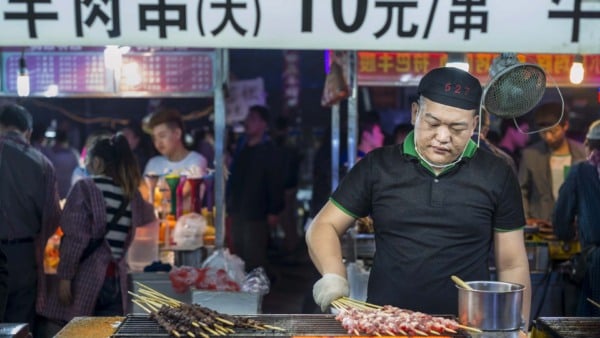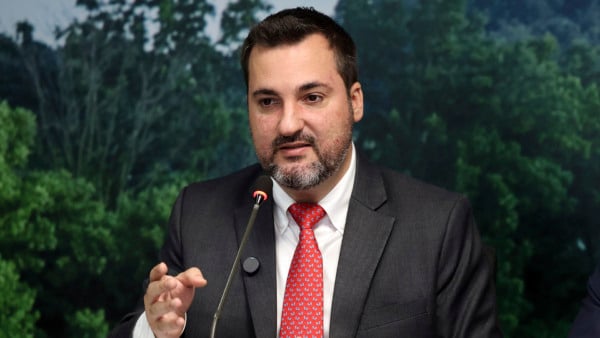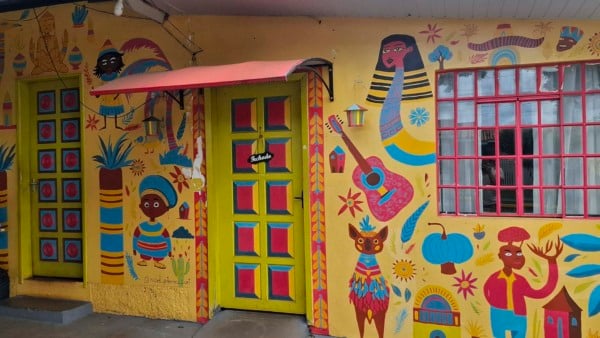Demorou, mas deu negativo. Os testes realizados em uma granja comercial em Ipumirim, no oeste catarinense, descartaram ser mais um caso de gripe aviária, gerando um alívio generalizado na avicultura brasileira.
A informação sobre o resultado do teste foi divulgada agora há pouco pela Secretaria de Agricultura de Santa Catarina. O Ministério da Agricultura ainda não atualizou o painel com a informação.
Conforme The AgriBiz já havia antecipado, a mortalidade das aves na granja de Ipumirim estava associado ao um problema no sistema de aquecimento, e não ao H5N1 (o vírus de alta patogenicidade da gripe aviária).
O problema é que, diante na demora na divulgação dos resultados, muitos no setor começaram a temer não fossem apenas isso. Felizmente, era negativo mesmo.
Agora, o Ministério da Agricultura tem ainda mais trunfos para negociar a restrição dos embargos à carne de frango brasileira apenas ao Rio Grande do Sul — ou, idealmente, ao raio de 10 quilômetros em torno do foco de gripe aviária detectado na semana passada na cidade de Montenegro.







